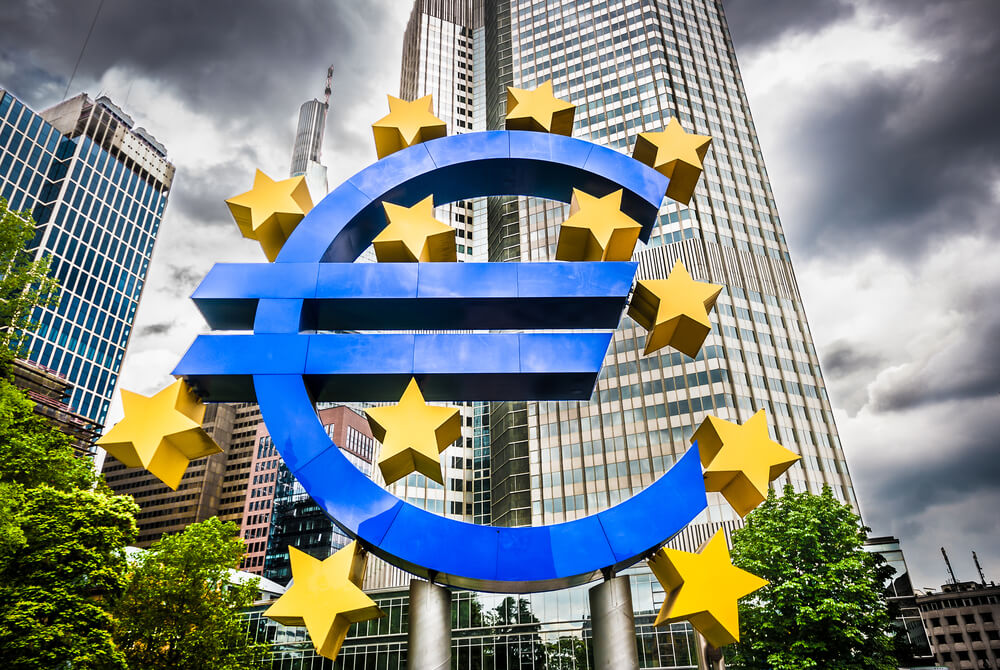The European Central Bank took unexpectedly quick action Thursday to support a weakening economy, pushing back the earliest date of interest rate increases and announcing a new round of cheap loans to banks.
The bank said Thursday after its regular policy meeting that it would not raise rates before the end of this year at the earliest. Previously, it had said that earliest rate hike would come in the fall.
It also said it would offer a new series of ultra-cheap loans to banks, supporting their ability to keep lending to businesses.
The moves appear to signal concern that the weakness in economic growth could be more than a blip and threatens to turn into a more lasting downturn. Amid the doubt, President Mario Draghi said, it was important to take action.
“In a dark room you move with tiny steps. You don’t run, but you do move,” he told a news conference at the bank’s headquarters in Frankfurt. “You try to be proactive rather than reactive.”
The ECB is following the U.S. Federal Reserve in adjusting course as the global economy shows signs of trouble. The Fed has signaled a pause in its rate increases and said it’s ready to slow the reduction of bond holdings purchased under earlier stimulus efforts.
Carsten Brzeski, chief economist at the bank ING Germany, said that the timing of the ECB’s measures was earlier than expected.
“It is clearly an attempt to stay ahead of the curve,” he said.
Investors seemed to appreciate the approach, pushing up global stock markets. European indexes and Wall Street futures recovered earlier losses to trade higher. The euro fell 0.4 percent to $1.2666 as lower rates tend to weigh on a currency.
The ECB’s actions highlight how quickly the fortunes of the European and global economy have shifted. The bank on Thursday slashed its forecast for eurozone economic growth this year to 1.1 percent from 1.7 percent previously. Inflation is expected at 1.2 percent, down from a 1.6 percent forecast earlier and well below the bank’s goal of just under 2 percent.
Only in December, the ECB was confident enough to end almost four years of stimulus through monthly bond purchases amounting to 2.6 trillion euros (2.9 trillion). The purchases were a way of pushing newly created money into the economy to raise inflation from dangerously weak levels and support a recovery from the Great Recession and a crisis over too much debt in the eurozone.
Yet even as the bank was bringing that stimulus effort to an end, economic signals began to weaken. The eurozone has decent domestic demand but has suffered from weaker global trade.
The outlook is uncertain due to the possibility of a chaotic British exit from the European Union without a negotiated transition agreement, and the chance that U.S. -China trade talks will not reach a deal that would remove the possibility of further tariffs that would weigh on global trade. U.S. President Donald Trump has threatened tariffs on auto imports that would hit European automakers, but has held off for now.
The 19 country eurozone economy grew 0.2 percent in the fourth quarter of last year, down from 0.4 percent in the first two quarters.
The ECB meanwhile kept on hold its key interest rates. Those are at zero for lending to banks and at minus 0.4 percent rate on deposits from commercial banks.
© The Associated Press. All rights reserved.
